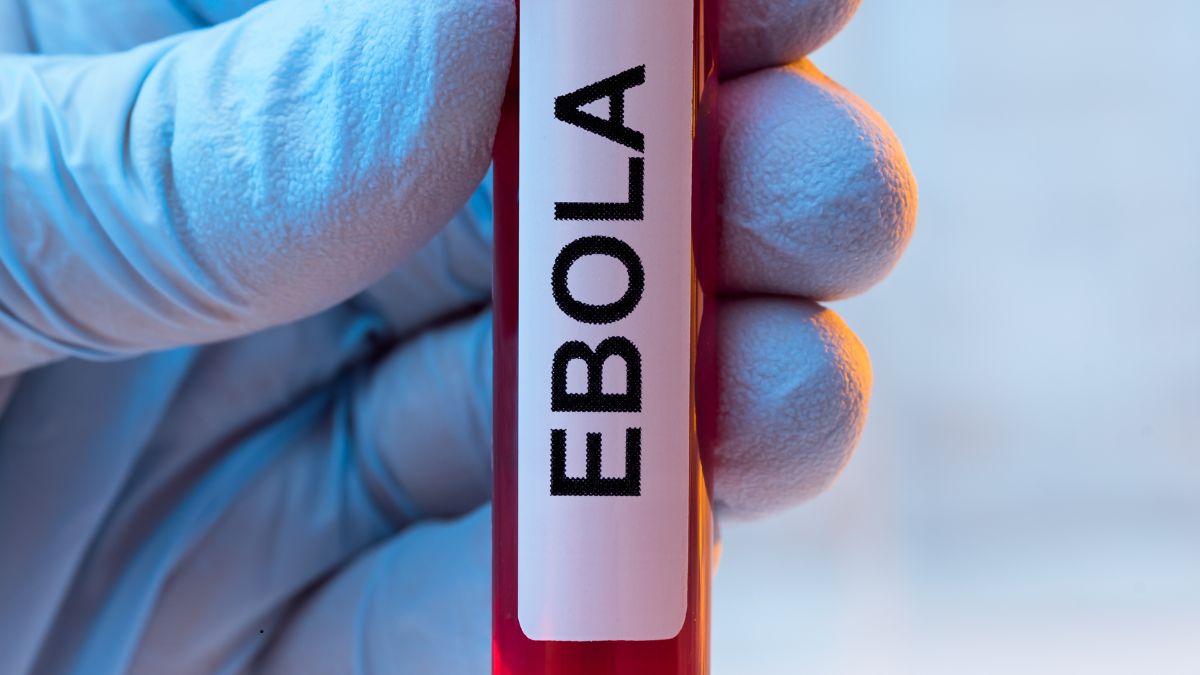
Uganda has officially declared the end of its recent Ebola outbreak in Kampala, less than three months after the first case was confirmed on January 30, 2025. This marked the country’s second outbreak in under three years, with the Ministry of Health and World Health Organization (WHO) announcing a successful containment on April 29.
The outbreak, caused by the Sudan virus disease (SVD) strain of Ebola, resulted in 14 reported cases—12 confirmed through laboratory tests and two probable cases. Of these, four individuals died, while ten patients made a full recovery. A total of 534 people who had contact with infected individuals were closely monitored throughout the outbreak period.
The official 42-day countdown to declare the end of the outbreak began on March 15, following the discharge of the last confirmed patient. This time frame aligns with WHO guidelines for outbreak containment.
Uganda’s rapid and coordinated response drew praise from global health leaders. The Ministry of Health activated national emergency structures, deployed rapid response teams, bolstered surveillance, and established treatment units across Kampala and entry points to prevent cross-border transmission. The WHO, alongside its partners, provided technical expertise, logistics, and testing resources—over 1,500 samples were processed safely with biosafety oversight.
Despite no licensed vaccine for the Sudan virus strain, a ring vaccination trial began within four days of the outbreak’s declaration. Additionally, patients were treated with Remdesivir under WHO’s emergency-use protocol.
Dr Kasonde Mwinga, WHO representative in Uganda, commended the nation’s resilience: “Uganda’s leadership and resilience were crucial in containing this outbreak.” WHO Director-General Dr Tedros Adhanom Ghebreyesus also praised the effort, stating, “Together we have shown that with speed, coordination and support under government leadership, we can stop outbreaks in their tracks.”
Even with the outbreak over, health officials emphasize that vigilance must continue. Investments in survivor care, community preparedness, and surveillance systems will remain key to preventing future flare-ups.

